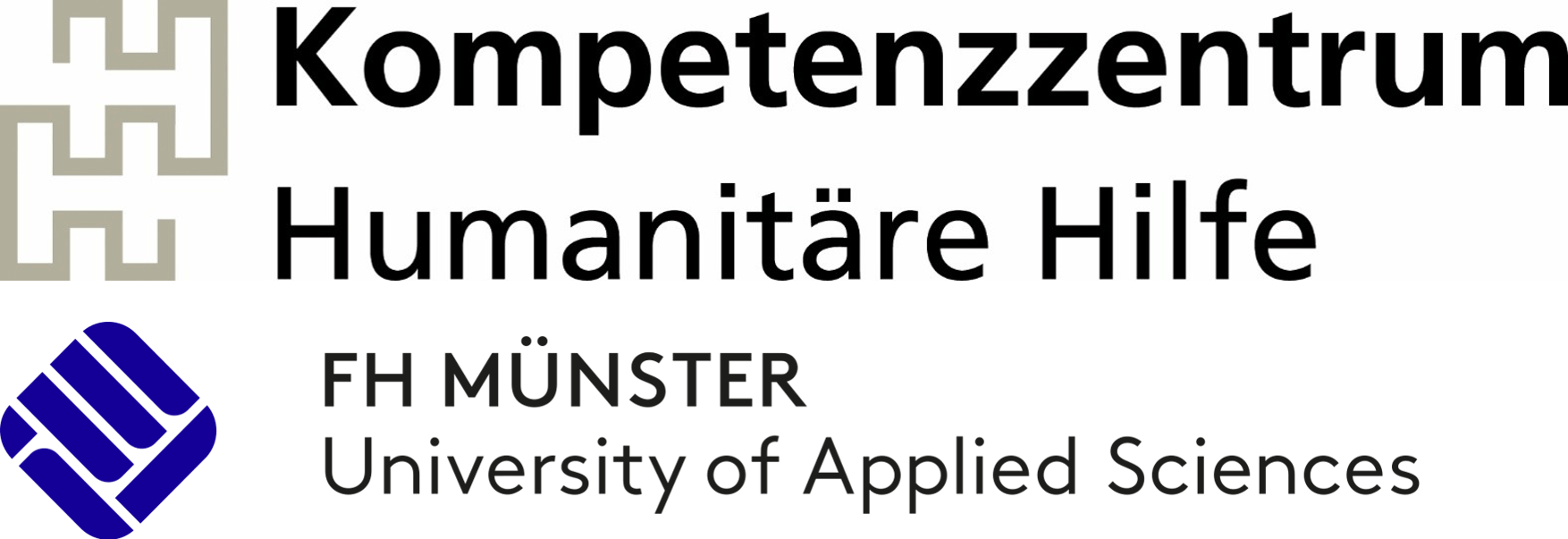Imagery and White Saviorism in Humanitarian Action
German
October 2025
How do images influence our perception of people in the Global South? Which stereotypes and narratives are frequently (unconsciously) reinforced by commonly used images in humanitarian aid communication—and what alternatives are available?
In this interactive workshop, we critically examine the role of visual language in humanitarian aid and development cooperation. Together, we will reflect on colonial continuities and the concept of "white saviorism", and develop concrete, non-discriminatory alternatives for the visual representation of projects.
The aim is to support organizations in making their communication ethical, dignified, and diversity-sensitive – and thus positioning themselves credibly in a postcolonial context.
You will learn
how to conduct critical analyses of imagery and narratives.
what the concept of "White Saviorism" is and how it can impact humanitarian aid.
how to establish ethical communication standards in your organization.
how to communicate in a non-discriminatory and diversity-sensitive manner.
Target group
Communications and marketing professionals in NGOs who want to address postcolonialism and racism in connection with imagery.
Schedule
Workshop
Elsa Souoguem
Lecturer

Elsa Souoguem is a lecturer in humanitarian aid at the Center of Excellence for Humanitarian Aid at Münster University of Applied Sciences. She holds a master's degree in nonprofit management with a focus on development cooperation. Through her professional and voluntary work at GIZ, the Goethe-Institut, Brot für die Welt, and other NGOs in Germany and Cameroon, she brings culturally sensitive knowledge and expertise as well as a perspective from the Global South.
In her thesis, she deals intensively with visual language, post-coloniality, and humane communication in international cooperation.
150,00€
29.10.2025 - 29.10.2025
7 hours of training
Catering included
Location
 This training is organized by Centre of Competence for Humanitarian Relief, Münster University of Applied Sciences
This training is organized by Centre of Competence for Humanitarian Relief, Münster University of Applied Sciences